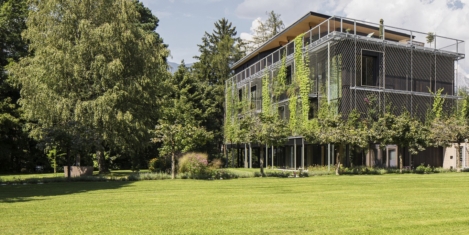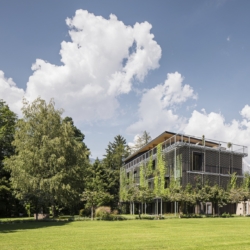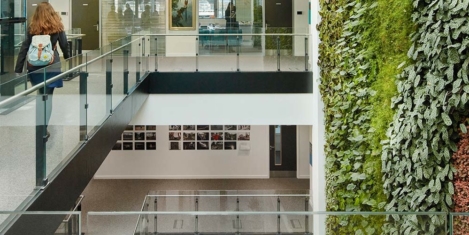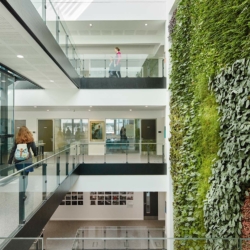To provide the best experiences, we use technologies like cookies to store and/or access device information. Consenting to these technologies will allow us to process data such as browsing behaviour or unique IDs on this site. Not consenting or withdrawing consent, may adversely affect certain features and functions.
The technical storage or access is strictly necessary for the legitimate purpose of enabling the use of a specific service explicitly requested by the subscriber or user, or for the sole purpose of carrying out the transmission of a communication over an electronic communications network.
The technical storage or access is necessary for the legitimate purpose of storing preferences that are not requested by the subscriber or user.
The technical storage or access that is used exclusively for statistical purposes.
The technical storage or access that is used exclusively for anonymous statistical purposes. Without a subpoena, voluntary compliance on the part of your Internet Service Provider, or additional records from a third party, information stored or retrieved for this purpose alone cannot usually be used to identify you.
The technical storage or access is required to create user profiles to send advertising, or to track the user on a website or across several websites for similar marketing purposes.
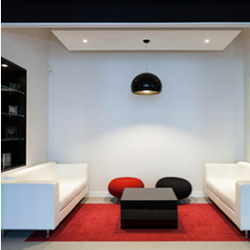 A new report, released by workplace design consultancy, Peldon Rose, takes a look at the changing needs of office users as a result of the Covid-19 pandemic. “The Office of the Future” report, commissioned in conjunction with workplace strategy and employee engagement specialists, WKspace, examines the impact on the pandemic has had on the changing needs of tenants. More →
A new report, released by workplace design consultancy, Peldon Rose, takes a look at the changing needs of office users as a result of the Covid-19 pandemic. “The Office of the Future” report, commissioned in conjunction with workplace strategy and employee engagement specialists, WKspace, examines the impact on the pandemic has had on the changing needs of tenants. More →





 Environmental and sustainability professional,
Environmental and sustainability professional, 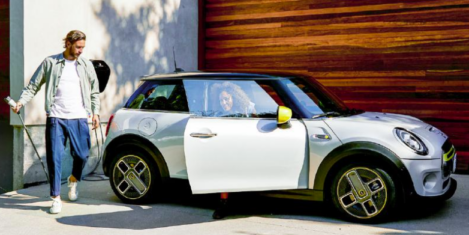
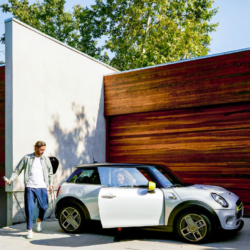
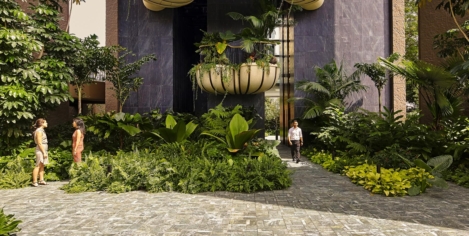
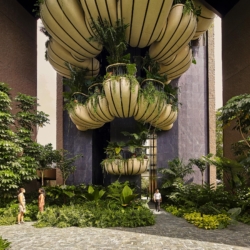

 Singapore, Helsinki and Zurich have come top in the
Singapore, Helsinki and Zurich have come top in the 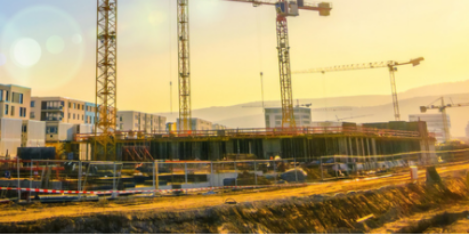
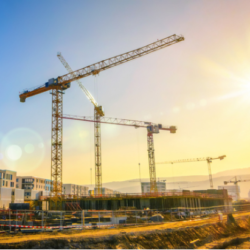 The UK Green Building Council (
The UK Green Building Council (
 Seniority in the workplace could be directly correlated to how often you listen to music whilst you work, claims a poll of 1,000 UK office workers. The research, which was carried out by London office developer
Seniority in the workplace could be directly correlated to how often you listen to music whilst you work, claims a poll of 1,000 UK office workers. The research, which was carried out by London office developer 
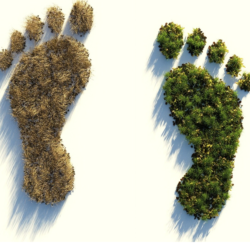 Supported by its Green Building Councils and their members, the
Supported by its Green Building Councils and their members, the 